Medical dismissal can leave lasting scars, not just on your health but on your sense of dignity.
Too many patients, especially women and people of color, walk into exam rooms seeking answers and leave with their pain minimized or ignored.
In this post, I share my own story of what it felt like to be dismissed, the harm it caused, and why speaking up for yourself in the healthcare system matters more than ever.
The Pain of Being Dismissed in a Medical Setting
The feeling of not being believed was one of the hardest things I have ever experienced.
It was harder, even, than the moment I was told I had cancer.
With the diagnosis, my fears and symptoms were finally validated.
But long before that, I was already in a fight with a medical system that was supposed to help me.
This experience, and many others, are part of the story I tell in my upcoming memoir, Fruit from the Manchineel Tree.
The Early Warning Signs
My “pre-cancer” journey began quietly.
My body sent subtle warnings that something was wrong.
My heart would race without reason.
My digestive system was in overdrive.
I no longer felt like myself.
According to the American Oncology Institute, new or persistent symptoms should never be ignored and warrant a doctor’s attention.
I knew something wasn’t right.
Yet each time I sought help from a provider, I was met with a shrug, a smirk, or a dismissive tone.
“It’s just anxiety.”
“It’s probably hormonal.”
“All your tests look normal.”
The message was always the same: There’s nothing wrong.
After enough of these encounters, you start to question yourself.
Maybe they are right. Maybe it is all in your head.

A Year of Not Being Heard
This cycle continued for an entire year.
It was a year of second-guessing myself and walking out of appointments more defeated than when I walked in.
Until one day, I broke. Looking my doctor in the eye, I said:
“There’s something seriously wrong with me, and one day, you’re going to find out.”
I was right. They did. But by then, it was cancer.
The Valley Forge Medical Center emphasizes that early detection is critical, as delays in diagnosis can greatly affect treatment outcomes.
In my case, the delay was not caused by lack of medical access. It was caused by lack of belief.
I often share these experiences in my speaking engagements, where I focus on medical dismissal, equity, and patient empowerment.
Dismissal Even After Diagnosis
You might think the disbelief would stop after hearing the word cancer. It did not.
After surgery, I was in unbearable pain that felt like a hot knife slicing through my body.
When the nurse finally brought the medication ordered by my doctor, it barely dulled the agony.
I was under-medicated.
I clutched the bed rail, tears streaming down my face, and begged for help.
No one came. Not then, and not for many hours afterward.
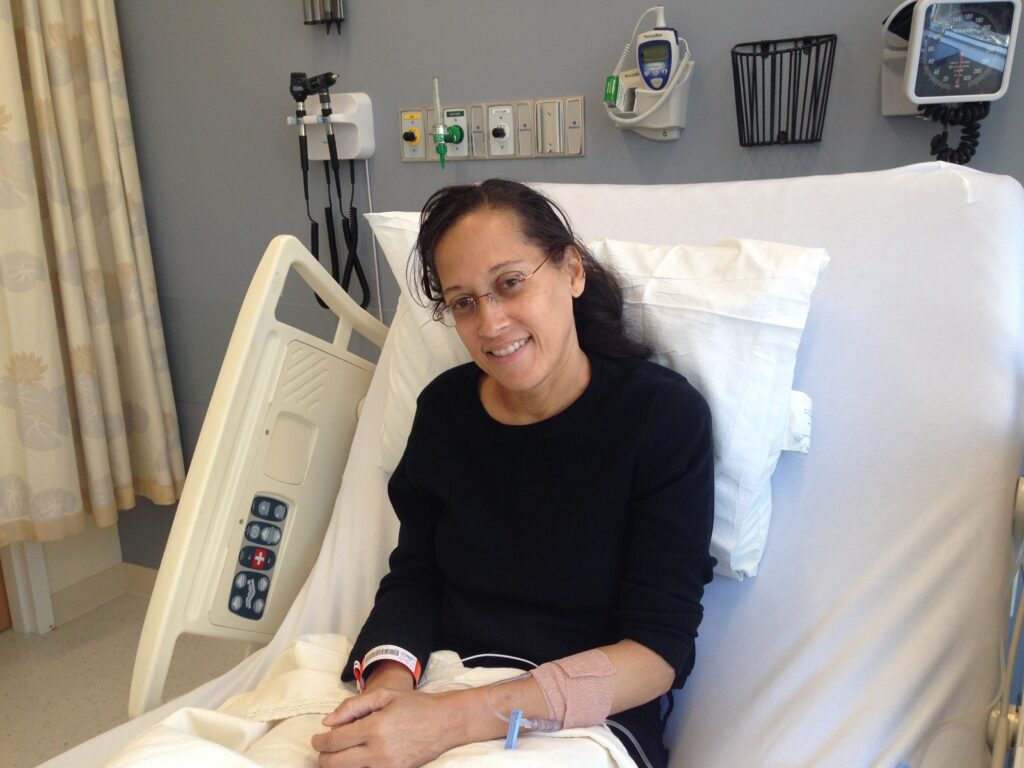
The Lingering Trauma of Medical Gaslighting
Moments like this piled up.
I was dismissed, questioned, and even accused.
To function, I had to bury much of that trauma. But the shame lingered, even though I had not done anything wrong.
Instead of care, I was met with doubt.
Instead of empathy, I was met with suspicion.
It is hard to explain what it feels like to know something is wrong in your body and be told, over and over, that it is nothing. That you are the problem.
The Cleveland Clinic explains that medical gaslighting can lead to missed diagnoses, worsening conditions, and long-term psychological harm.
Why Your Voice Matters Even When Ignored
If I have learned anything, it is this:
“Your voice matters. Even when it is ignored.
Especially when it is ignored.”
– Dr. Yvette Colón
If you are fighting to be heard, keep going.
You know your body better than anyone else ever could.
Keep speaking. Keep pushing. You deserve to be believed.
You deserve care. You deserve dignity.
If this experience resonates, you may also want to read my reflections in What It’s Like to Navigate Cancer Care as a BIPOC Woman. The link is below.
Don’t Miss Out!
To get future posts on survivorship and advocacy delivered straight to your inbox, subscribe to my blog today.
Discover more from Dr. Yvette Colón
Subscribe to get the latest posts sent to your email.
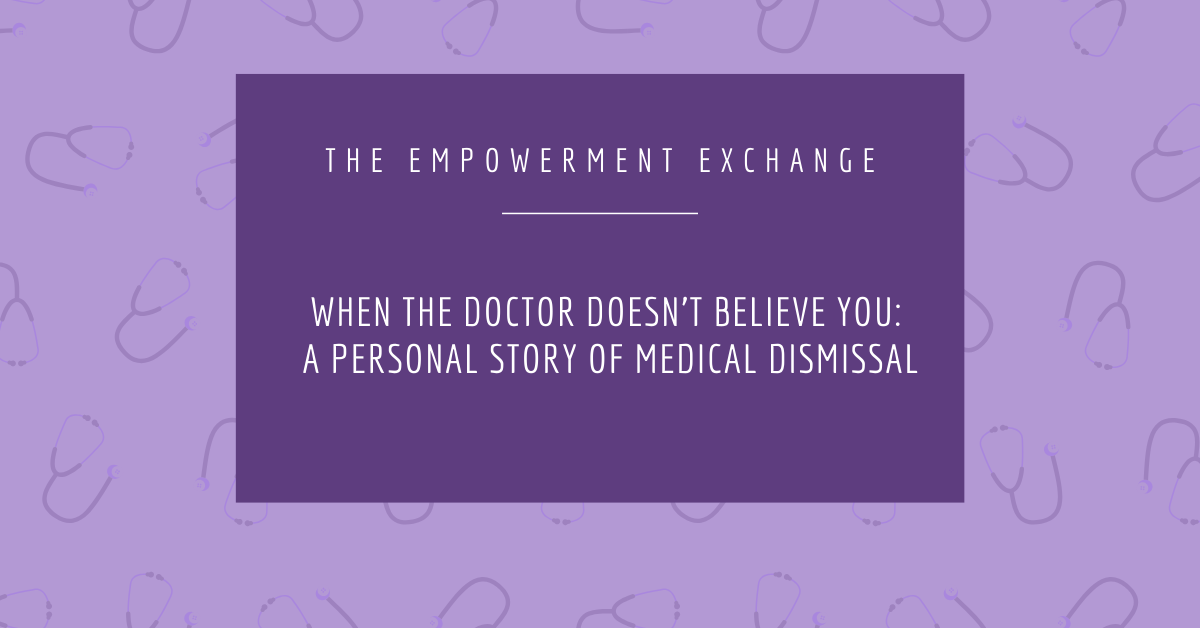
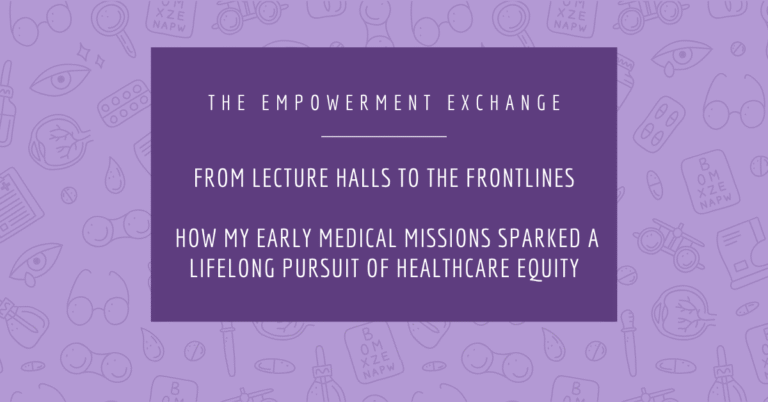
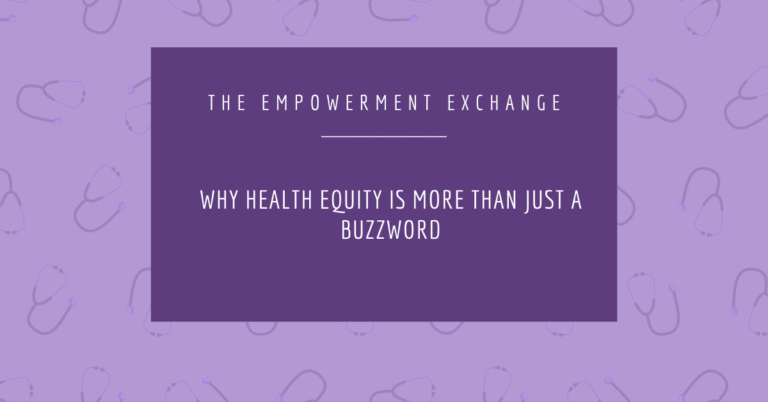

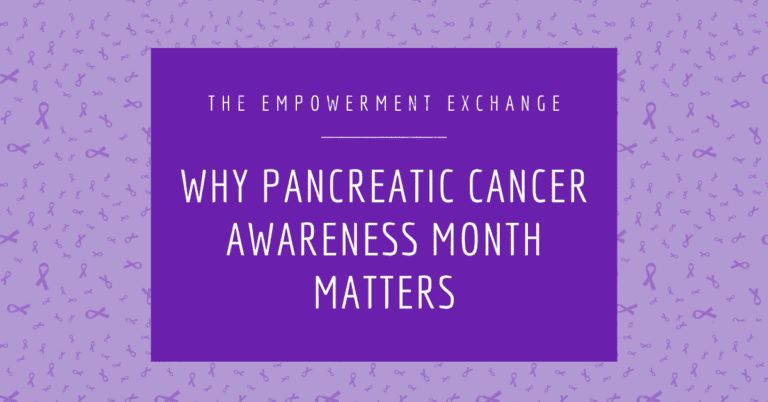
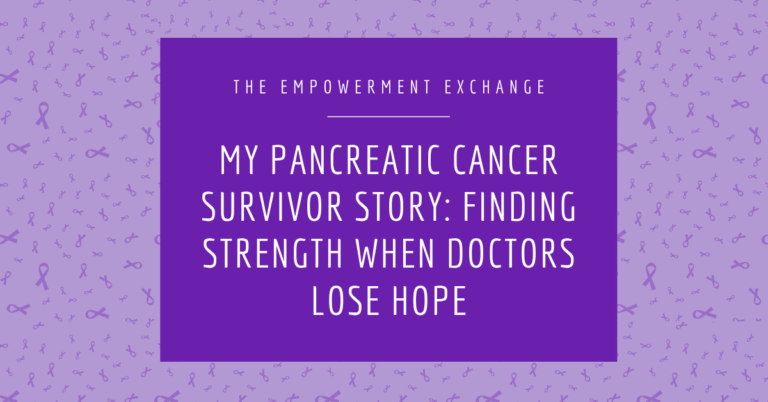
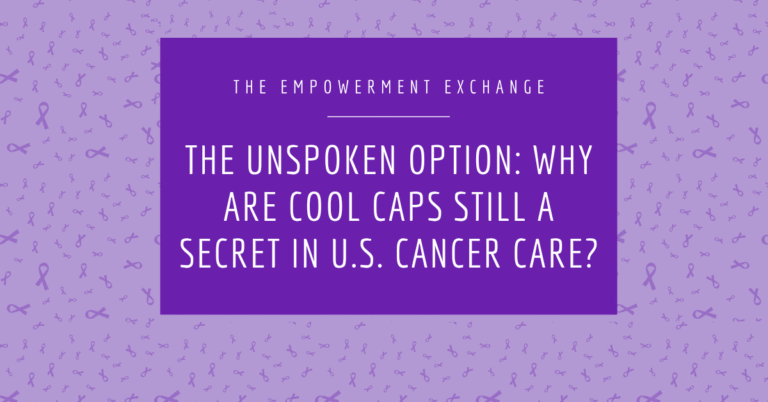
3 Comments